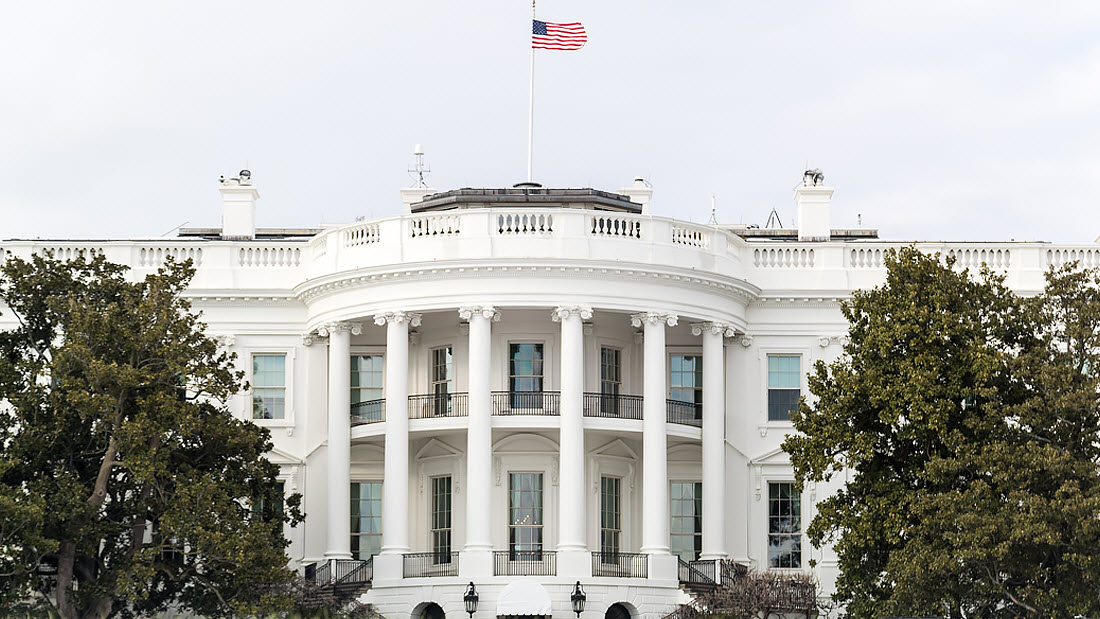Tech Groups Warn Against Gutting Sec. 230

The smarter way to stay on top of the multichannel video marketplace. Sign up below.
You are now subscribed
Your newsletter sign-up was successful
In advance of the President's reported meeting with conservatives and others Thursday (July 11) over social media—which has been accused of bias against conservative speech—a large group of academics and civil society groups are warning against too heavy handed reform of Sec. 230.
That is the Communications Decency Act section of the Telecommunications Act that exempts platforms from liability for removing objectionable content.
Related: Court Upholds Edge Protection from Third-Party Liability
Democrats and Republicans in Congress have signaled that liability protection should be sunset. Even the author of the provision has suggested it should go.
Meanwhile the President and his conservative allies have suggested the government needs to step in to ensure edge providers aren't censoring them, or make them stop if they are.
"As civil society organizations, academics, and other experts who study the regulation of user-generated content, we value the balance between freely exchanging ideas, fostering innovation, and limiting harmful speech," they said. "Because this is an exceptionally delicate balance, Section 230 reform poses a substantial risk of failing to address policymakers’ concerns and harming the internet overall."
Related: CCIA Says White House Meeting Is Intended to Intimidate
The smarter way to stay on top of the multichannel video marketplace. Sign up below.
They issued a set of principles that they said should guide any potential review of Sec. 230:
Principle #1: "Content creators bear primary responsibility for their speech and actions."
Principle #2: "Any new intermediary liability law must not target constitutionally protected
speech."
Principle #3: "The law shouldn’t discourage Internet services from moderating content. They argue that "exposing themselves to increased liability; penalizing them for imperfect content moderation or second-guessing their decision-making will only discourage them from trying in the first place."
Principle #4: "Sec. 230 does not, and should not, require 'neutrality.' Calling social media sites publishers, they say that 'every publication decision will necessarily prioritize some content at the expense of other content.' But edge providers have argued they are not publishers, simply hosts and facilitators of online forums."
Principle #5: "We need a uniform national legal standard (no patchwork of state liability laws)."
Principle #6: "We must continue to promote innovation on the Internet....Section 230 encourages innovation in Internet services, especially by smaller services and start-ups who need the most protection from potentially crushing liability. The law must continue to protect intermediaries not merely from liability, but from having to defend against excessive, often-meritless suits—what one court called 'death by ten thousand duck-bites.'”
Principle #7: "Section 230 should apply equally across a broad spectrum of online services."
Among the more than two dozen organizations (joining half a hundred academics) signing on to the principles were TechFreedom, the Center for Democracy and Technology and New America's Open Technology Institute.
Contributing editor John Eggerton has been an editor and/or writer on media regulation, legislation and policy for over four decades, including covering the FCC, FTC, Congress, the major media trade associations, and the federal courts. In addition to Multichannel News and Broadcasting + Cable, his work has appeared in Radio World, TV Technology, TV Fax, This Week in Consumer Electronics, Variety and the Encyclopedia Britannica.

